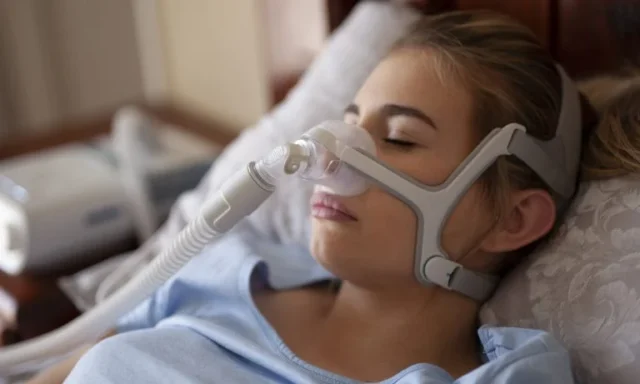Sleep apnea has been linked to heart failure by doctors. During sleep, repeated pauses in breathing might harm a person’s heart. Sleep apnea is very frequent among those who have cardiac problems. Managing one condition’s symptoms may benefit the other.
Sleep apnea is a form of respiratory condition in which a person pauses and resumes breathing frequently while sleeping. Obstructive sleep apnea is the most prevalent kind, in which the upper breathing path shuts partially or completely while sleeping.
Heart failure is a dangerous ailment that occurs when the heart is unable to pump enough blood to fulfil the demands of the body.
Some of the symptoms of sleep apnea and heart failure are similar, such as trouble falling or staying asleep, frequent midnight urination, and waking up with shortness of breath or gasping.
Sleep apnea treatment can assist improve health conditions like heart failure, while heart failure treatment can help improve sleep apnea.
The aetiology of sleep apnea affects the treatment. Sleep apnea symptoms may improve with the treatment of other medical disorders if they are present. If obesity is the cause of OSA, for example, losing weight may help to alleviate the condition.
The severity of a person’s sleep apnea determines how to manage it. Sleep testing can establish the type and degree of apnea. When patients are diagnosed with sleep apnea, they may be able to make some helpful dietary and lifestyle modifications, or they may require specialist therapy.
Sleep apnea can help reduce some of the symptoms of heart failure and perhaps prevent it from getting worse. As a result, if a person can control their heart disease symptoms, they are less likely to develop sleep apnea.







